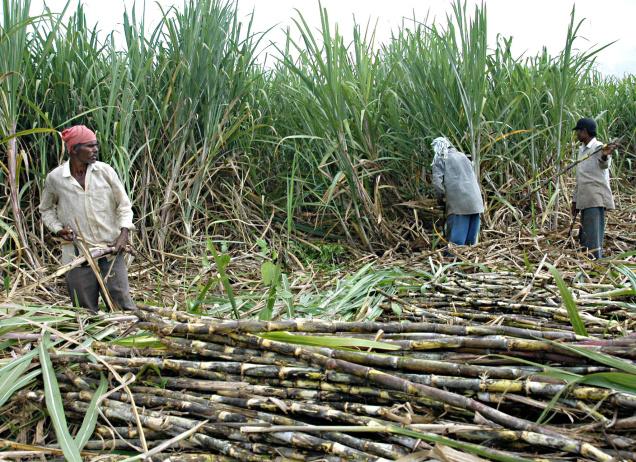There are no products in your shopping cart.
| 0 Items | £0.00 |


NIGERIA'S drive to become self-sufficient in sugar received a major boost this week after Flour Mills of Nigeria announced that its subsidiary the Golden Sugar Company intends to increase its production capacity by 250,000 tonnes per annum.
In 2018, the federal government directed the National Sugar Development Council to develop a road map for the attainment of self-sufficiency in sugar, prompting it to come up with the National Sugar Master Plan (NSMP). Nigeria's demand for sugar is about 1.7m tonnes, dwarfing local production of about 20,000 tonnes.
Nigeria's three biggest sugar producers Flour Mills, the BUA Group and Dangote Industries are at the heart of the NSMP. They all own sugar refining plants and are working with local farmers to expand sugarcane production to furnish their mills as part of the plan to reduce the dependence on imports.
Sadiq Usman, the deputy chief operating officer of Flour Mill's agro-allied division, said the company remained committed to the Backward Integration Programme of the federal government. John Maniatis, the deputy general manager of the Golden Sugar Company, added that the refinery currently has a production capacity of 750,000 tonne per annum and with the expansion, will be able to produce 1m tonnes of sugar a year.
Mr Usman said, “We signed up to backward integration programme at Flour Mills through our subsidiary, Golden Sugar Company in 2013 and in that space of time, I am pleased to say that we have identified a piece of land in Sunti in Niger State. We have developed a total of 3,000 hectares, we have built a sugar mill and we have built a sugar estate and the infrastructure that comes with that land.
"We have invested over N65bn in that and we have invested another $200m in the refinery in Apapa. In terms of what our target is under the backward integration plan, we are committed to about 250,000 tonnes of sugar per annum between our two sites in Niger State and in Nasarawa, where we are also in the process of concluding arrangements to acquire another piece of land.”
According to Mr Usman, the major challenge currently facing the company is foreign exchange due to Covid-19 and some of the other global issues regarding trade. He also stressed the need for the rules of the game to be clear and transparent and followed by all the parties, to ensure success.
Mr Usman added: “There are some issues of logistics and freight but these are more temporary challenges. The bigger challenge is making sure that we have the support of government and all the players in the industry to ensure commitment to the new executive secretary of the National Sugar Development Council.
“That is the most important thing for us. To make sure that what government says is the agenda, it stands by it and the players in the industry, including us, stand by what we say we are going to do and we get the necessary support.”